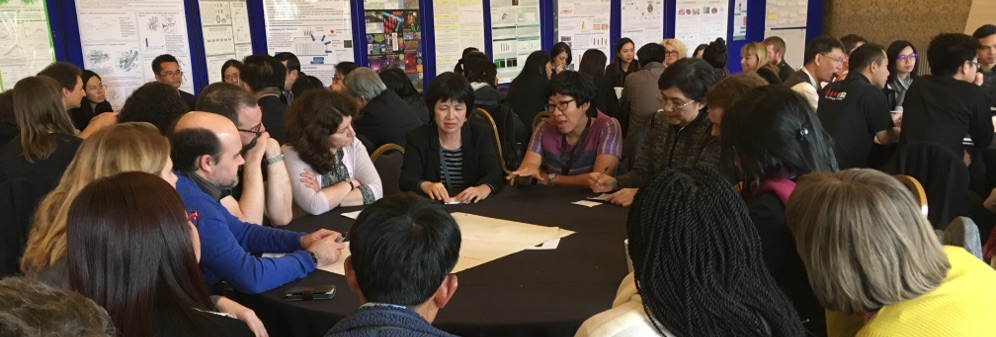The University of Bristol is committed to fighting the global challenge posed by the increasing problem of antimicrobial resistance (AMR). Since the start of the UK's Cross-Council AMR funding initiative, academics and clinicians at the University, alongside partners from local NHS trusts and many other countries have received £>65 million of grant funding to better understand AMR and find effective and sustainable solutions to this urgent problem. This includes £18.8 million from UKRI and £22.6 million from the NIHR. The University also leads the MRF-funded National PhD Training Programme for AMR Research.
Antibiotics transformed healthcare in the 20th century and are still considered one of the greatest medical achievements of the era. We rely on antibiotics to treat potentially life-threatening bacterial infections and to allow medical treatments and interventions that can predispose a patient to bacterial infection – e.g. surgery or chemotherapy – to safely proceed. Antibiotics drastically improve our quality of life and increase lifespan.
Antibiotic, antifungal, antiprotozoal and antiviral use has led to many of these drugs – collectively known as antimicrobials - becoming ineffective. So-called “Antimicrobial resistance” (AMR) now poses a global threat to human health and our ability to meet several Strategic Development Goals. AMR occurs due to genetic changes in microbes, meaning that they can survive antimicrobial treatment.
The problems caused by AMR will get worse. We need urgent action to reduce antimicrobial use in human and animal medicine and in agriculture, to facilitate more appropriate antibiotic use, to accelerate the development of new antimicrobial drugs and materials, and to reduce the circulation of resistant microbes in homes, farms, institutions, locally, globally, and by considering links between humans, animals and the environment.
Guided by the UK’s National Action Plan for AMR, and other strategic plans published by the World Health Organization and others, the University of Bristol has a wide range of research activities that are working towards better understanding AMR and finding solutions for this escalating global issue.
The AMR research community at Bristol ('Bristol AMR') is a cross-faculty research network which includes clinical colleagues at Bristol's two NHS Trusts and the UK Health and Security Agency. We work alongside other UK institutions and partners in a wide range of countries, particularly those where the burden of AMR is greatest.
.jpg) Research projects
Research projects
Learn more about how the University of Bristol's research is contributing to the global fight against AMR.
.jpg) National PhD Training Programme in AMR Research
National PhD Training Programme in AMR Research
The Medical Research Foundation National PhD Training Programme in AMR research, led by the University of Bristol, is training the next generation of AMR multidisciplinary researchers.
Latest news in AMR research
- Bristol researcher awarded share of UKRI’s £104 million flagship fellowships grant 23 July 2024
- Call to reduce repeat 'within-episode' antibiotic prescriptions for respiratory tract infections in primary care 8 April 2024
- Bristol Veterinary School celebrates 75 years of educating veterinary students and advancing animal health and wellbeing 21 February 2024
Contact us
For all general enquiries, please email bristolamr-info@bristol.ac.uk
